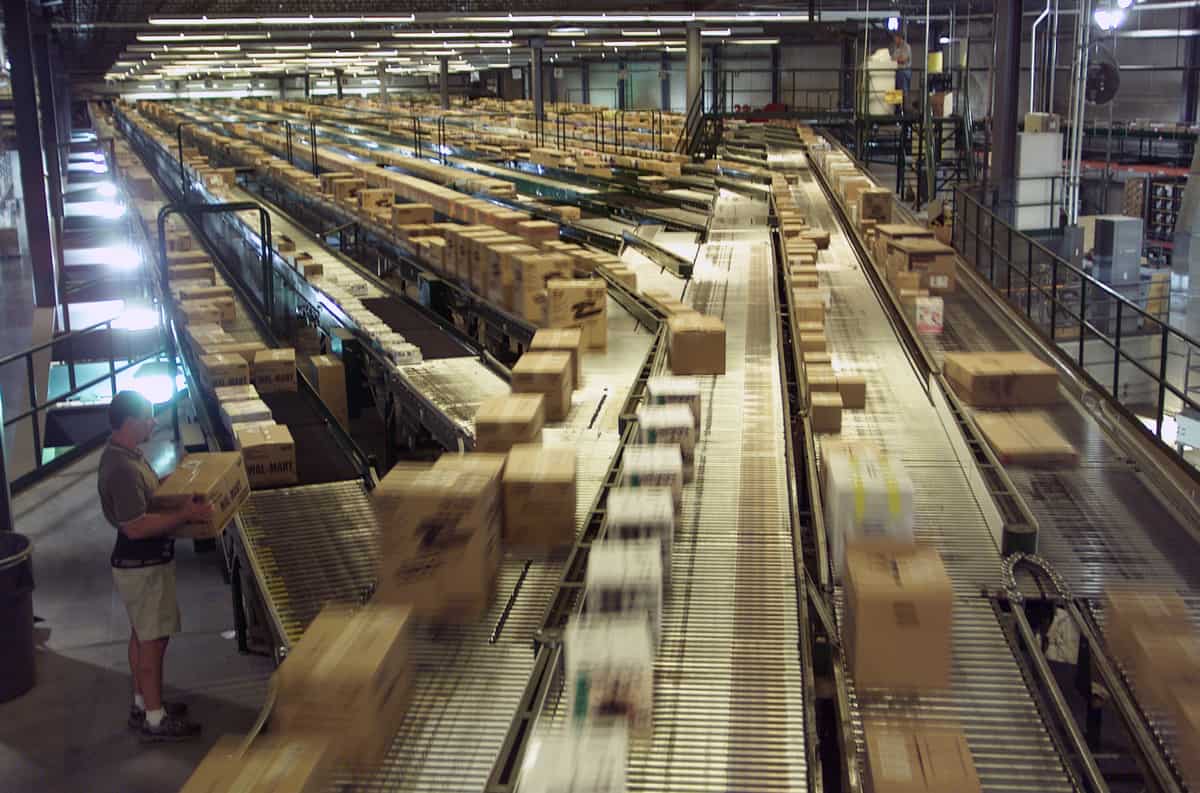
Blockchain technology has had an interesting couple of years. The technology that underpins Bitcoin, Ethereum and other cryptocurrencies has developed a complicated reputation. Is it the savior of all things logistics or another fad destined to build a market, only to bring down all those involved? Is it creating the new dot-com bubble?
The technology certainly has its detractors, and it unfortunately has become synonymous with Bitcoin, which saw a rapid rise in value in 2017 only to come crashing down months later as the promised replacement for the world’s global currencies failed to live up to expectations.
Blockchain, though, remains a viable technology that will ultimately alter the landscape of many segments of the global economy — it just needs time.
“We are seeing some interesting real-world applications emerging,” said Patrick Duffy, president of the Blockchain in Transport Alliance (BiTA). BiTA is the leading global organization supporting the development of blockchain and blockchain standards within the supply chain.
Walmart has been testing blockchain-based tracking in its logistics operation, and IBM (NYSE: IBM) has been a leading proponent. The Maersk (CSE: AMKBF) The Maersk project has led to the development of the blockchain-based TradeLens platform for global shipping.
Walmart Canada just announced it would deploy blockchain technology starting in January for its third-party carriers.
It is companies like these that convince Duffy blockchain will eventually move into the mainstream.
“The solutions will be pushed, in my opinion, by major retailers when they are ready. When Walmart (NYSE: WMT) and Amazon (NASDAQ: AMZN) and the major retailers in the world are ready to go all in on blockchain technology, there will be a way for these smaller players to use it. They won’t need to develop it themselves,” he said.
Duffy explained that blockchain will eventually be a background system for transportation management systems (TMS) and other solutions, meaning fleets and shippers, regardless of size, will not need to have blockchain experts on staff.
“They will be uploading information from Shipper A needing to send a 53-foot trailer to Retailer A’s warehouse in Virginia, and [blockchain] will take the unstructured data, put it into structures, and share it to provide complete visibility into the process,” Duffy said. “If something goes wrong, it will provide a complete and immutable trail to find where something went wrong and why.”
At its recent Chicago meeting, BiTA announced it would participate in two real-world tests of blockchain. One will be BiTA-led and will use a permission blockchain. The organization will also be involved in a project with the Port of Miami and the Florida Blockchain Foundation on a multi-modal blockchain-enabled platform. A shipping line, terminal operator, freight forwarder, airport organization, insurer, the U.S. Department of Agriculture and customs are involved in the project as well.
Blockchain breaks through trust barriers, which is why so many believe the supply chain is the perfect use case for it. With multiple parties involved in moving freight — including, among others, shippers, ocean carriers, port operators, truck drivers, warehouse workers and the end customer, none of whom know or trust each other — blockchain’s ability to verify that each party has executed its part of the freight contract correctly is the solution so many in the industry are searching for.
Getting there has just taken awhile.
“This is not a technology play, this is a business model shift, so it needs to be approached that way,” Duffy said. “It’s not just your tech team that is involved in this journey. It’s your whole organization that is going to be affected by this.”
The examples cited above provide clear evidence that blockchain has arrived as a technology. Getting buy-in from executives, though, is taking a bit longer.
Dr. Mary Lacity, director of the Blockchain Center of Excellence at the Walton School of Business at the University of Arkansas, said her team analyzed 36,000 10-k forms of publicly held companies, and only 242 mentioned blockchain or distributed ledger technology.
“Our C-suites are getting really fatigued by blockchain, so we have to shift the conversation to the value it provides,” she said.
That value proposition, including operational efficiencies, cost reductions and verification, is what will bring blockchain to new heights.
One of the companies showing the value exists is FreightTrust. The San Francisco-based company offers a cloud EDI (electronic data interchange) and paperless document platform for supply chain businesses. Among the business cases the company can solve for is the automation of detention claims.
Leveraging blockchain technology, FreightTrust is able to integrate finance and factoring into operations. Real-time GPS tracking of deliveries allows it to instantly update timestamps to make detention payout resolutions quick and accurate. U.S. Customs duties payments are also integrated, along with the opportunity to validate insurance for new shipments.
All of these processes, while common on many logistics platforms, benefit from the immutability that a blockchain-based platform provides. All parties to the transaction can be assured that the information is correct and verified.
FreightTrust’s platform can be integrated with leading telematics solutions, including PC*Miler, BlueJay Solutions, Trimble, SMC3, McLeod Software and Descartes.











